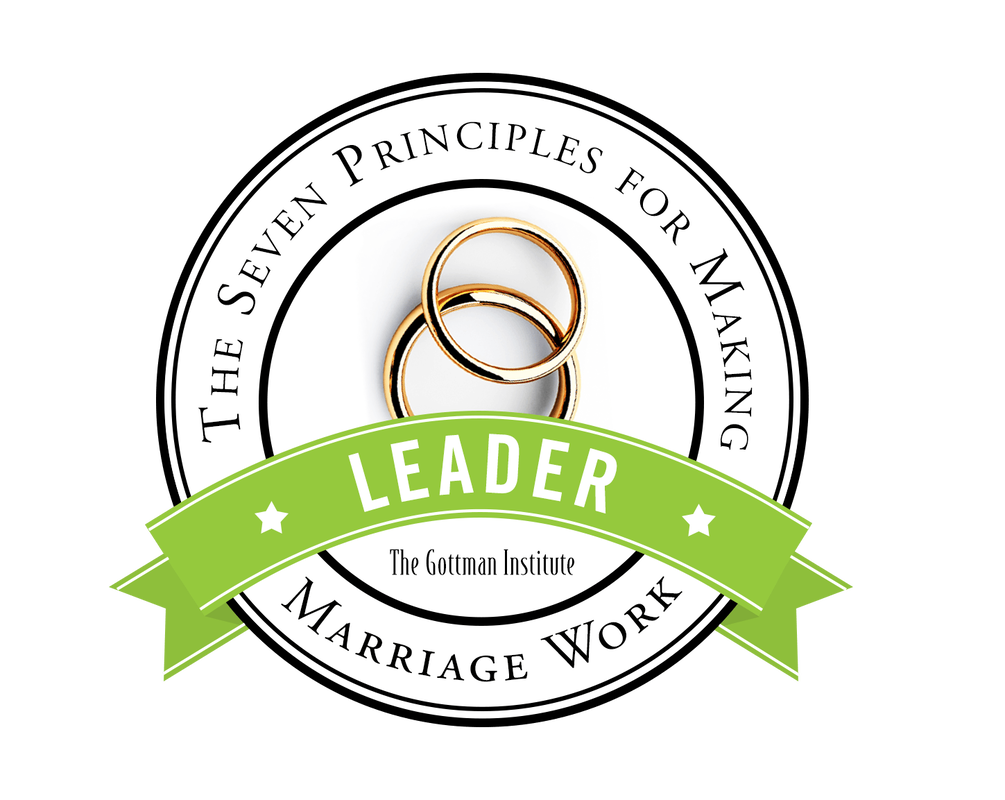|
Pick a therapist that fits your personal needs and current situation. Picking a therapist or getting a tooth pulled? UNFORTUNATELY there is little difference between the two for those in need of healing. You rifled through hundreds of PSYCHOLOGY today profiles, spent countless hours searching on google, and have even talked yourself out of the idea of seeing a therapist all together. It's a daunting task deciding on who to share your deepest concerns with when you are already feeling overwhelmed. Instead of feeling exhausted and defeated, i'm hoping to clear things up a bit, leaving you feeling empowered and ready. Here are just a few of the factors you should consider when selecting a therapist that will be the perfect fit for you. Find a therapist with the experience that meets your needs. First and foremost, only meet with a licensed Therapist. Um, What's That? A licensed therapist is a therapist who has fully completed graduate school in a psychology-related field, finished two years of post-graduate supervised clinical hours, and is fully able to provided therapy services independently in your state [Each state has their own set of requirements]. However, not all licenses are created equal. Each one focuses on a unique and individualized skill set. LMFT - Licensed Marriage and Family Therapist Licensed Marriage and family therapists are specifically trained in the way in which relationships are created, nourished, sustained, and broken. They are highly trained to work specifically with couples and families change the way they interact. They typically see problems as being circular, not having a definite cause-effect relationship. This is essential for working on relationships to not place blame on any one party. Working on how people interact allows for long-lasting change, rather than what they interact about. LCPC - Licensed Clinical Professional Counselor Licensed Clinical PRofessional Counselors are clinically trained to work primarily with individual clients. While they may have some general exposure to couple and family work, they are not fully specialized in working with relationships. LCPcs focus mainly on internal issues and changing individual thought patterns and behaviors. LCSW - Licensed Clinical Social Worker Licensed Clinical Social workers are trained to help empower clients to utilize their own resources and resources in the community to enhance their positive feelings. LCSWs primarily work with individuals, however also have general training in working with couples and families. LPC, MSW, aMFT These licenses are stepping stones to become an LCPC, lmft, and lmft, respectively. They are not a fully licensed credential. These counselors may operate under the supervision of another licensed professional, but cannot operate independently. Find someone you like and Call them. Seriously. I know this advice seems like it's vague and unhelpful, but it's 100% true. This is someone you pick to help support you through your struggles. You want to feel comfortable and trust that they will be there for you. The number one predictor to success in therapy is the relationship with the therapist and the client. Being able to connect with your therapist is essential for feeling safe in therapy to find the strength to work on sometimes down-right scary issues. Get a feel for what they are like. Are they down-to-earth, genuine, warm-hearted, and compassionate? You want your therapist to be someone who feels real to you. Many of times therapists seem stuffy and disconnected. Find your match that is authentic to how you view the world. Ok Some of this is hard to determine through their website, blog, profile, etc. give them a call. Most don't bite. many therapists offer free consultations. This provides an excellent opportunity for you to decide if this person is someone you can commit time to working with and that you are able to see yourself working next to. Brittany Malak, LMFT You might like
3 Comments
|
Author
Archives
May 2021
|
|
Copyright Relational Balance © 2022
|


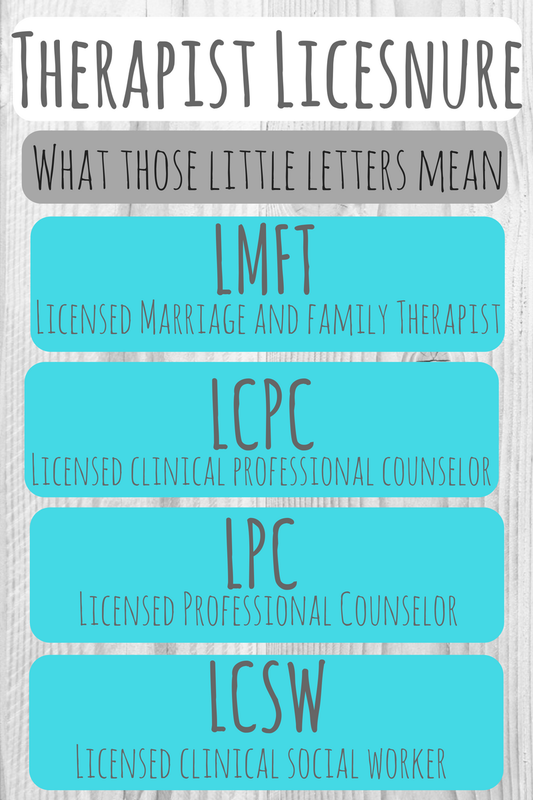

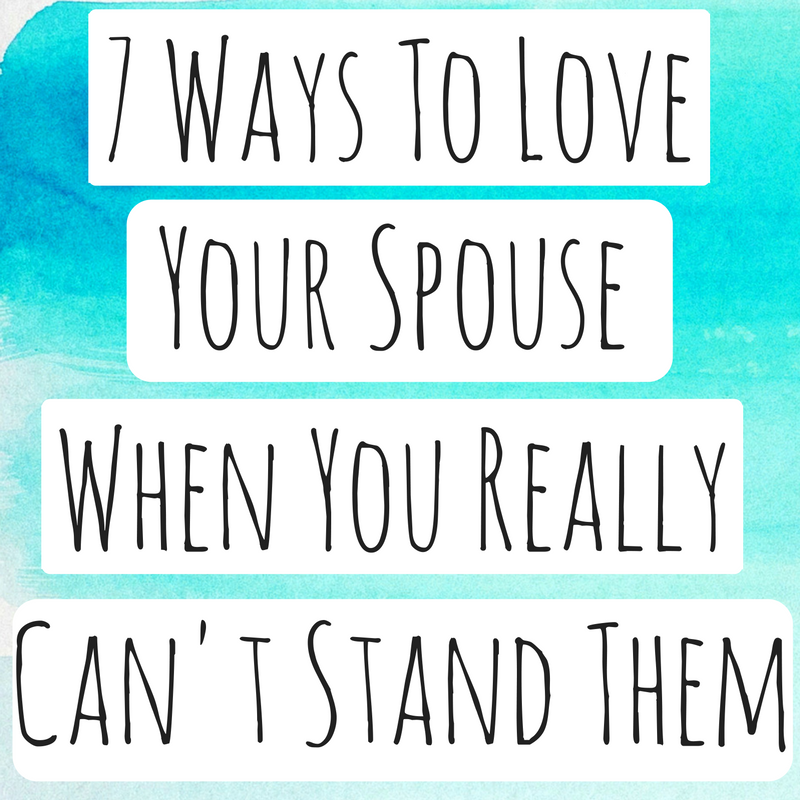
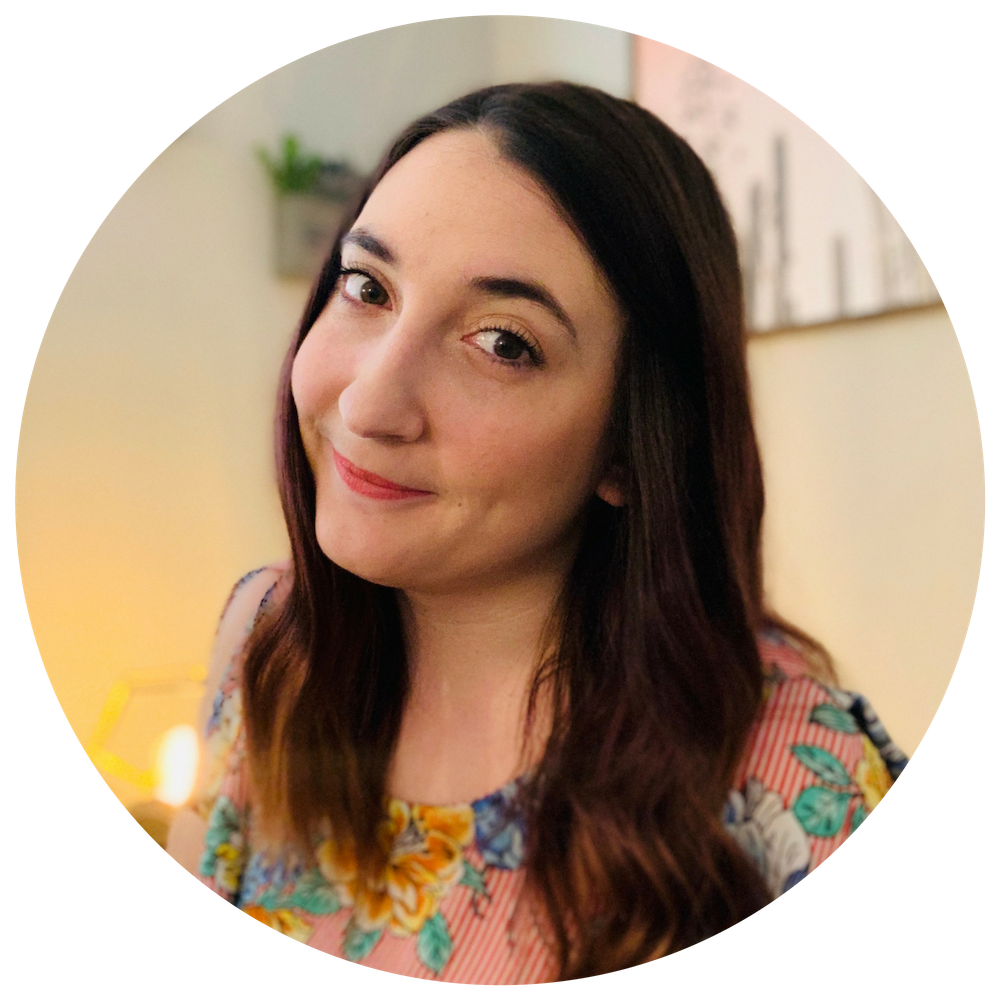
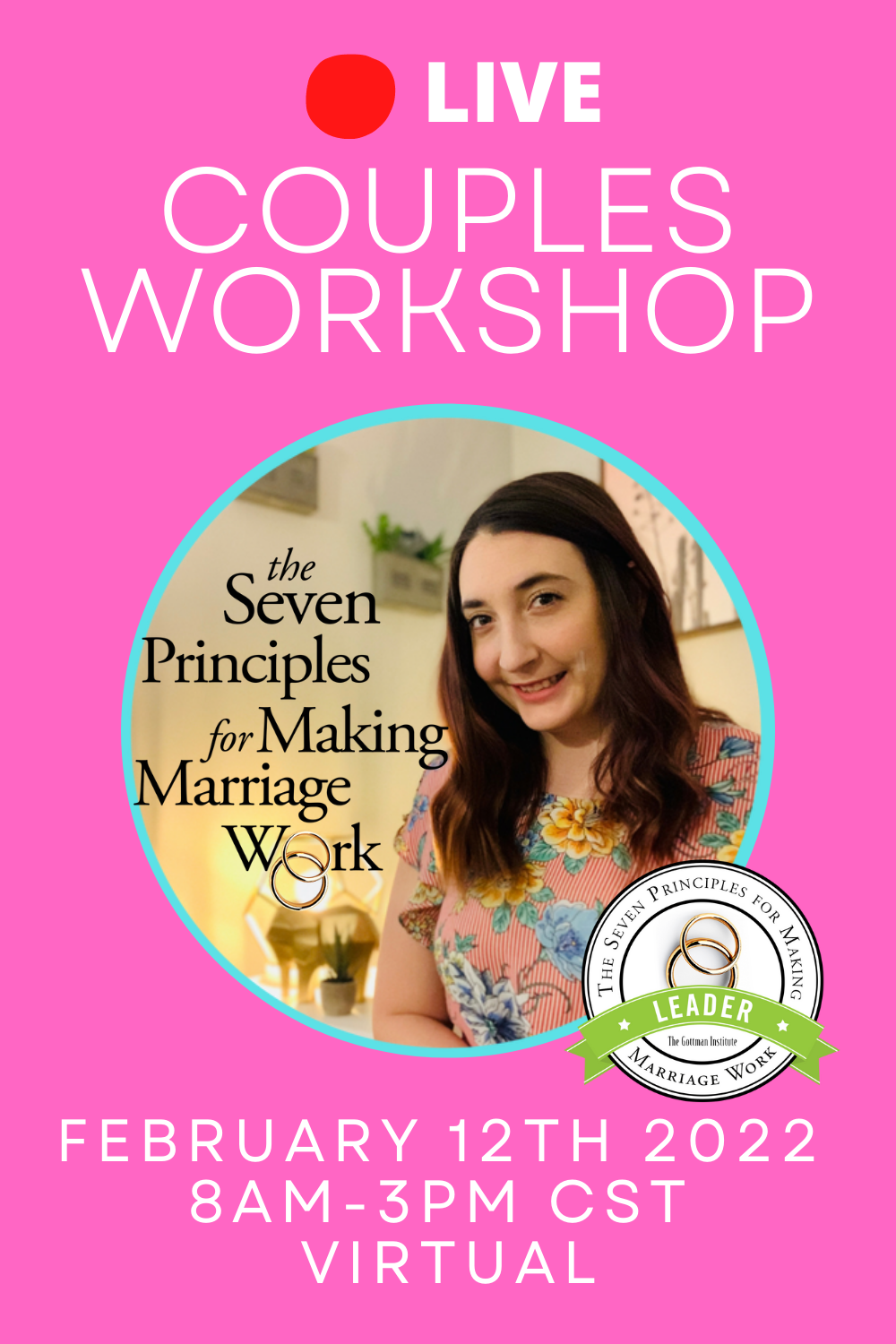

 RSS Feed
RSS Feed

